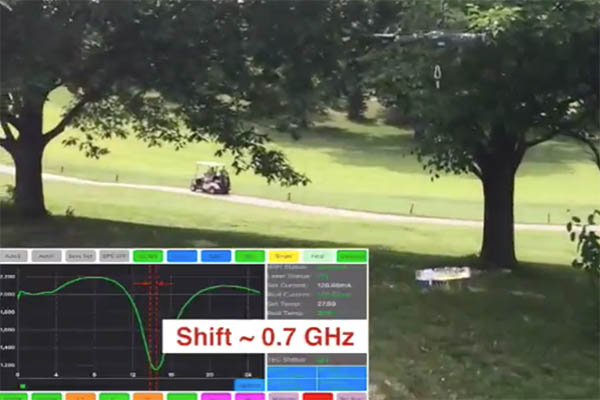Wireless systems such as radios in smartphones, Bluetooth devices and radars rely heavily on filters to receive only the wanted signal while suppressing the interferers. Conventional filters are built using resonant cavities that occupy large size and are very difficult to tune, thereby limiting their application in future wireless systems with small form-factor and high reconfigurability.

To address these challenges, the U.S. Department of Defense’s Defense Advanced Research Projects Agency (DARPA) established a program to develop a new class of compact, integrable, high-frequency RF filters for next-generation wireless systems.
The research teams of Aravind Nagulu, assistant professor of electrical and systems engineering at the McKelvey School of Engineering at Washington University in St. Louis, as a co-principal investigator, and Harish Krishnaswamy, associate professor of electrical engineering at Columbia University, as principal investigator, received a four-year $2.4 million DARPA grant to develop compact, integrated, high-frequency filter technologies known as N-path filters.
Read more on the engineering website.



Comments and respectful dialogue are encouraged, but content will be moderated. Please, no personal attacks, obscenity or profanity, selling of commercial products, or endorsements of political candidates or positions. We reserve the right to remove any inappropriate comments. We also cannot address individual medical concerns or provide medical advice in this forum.